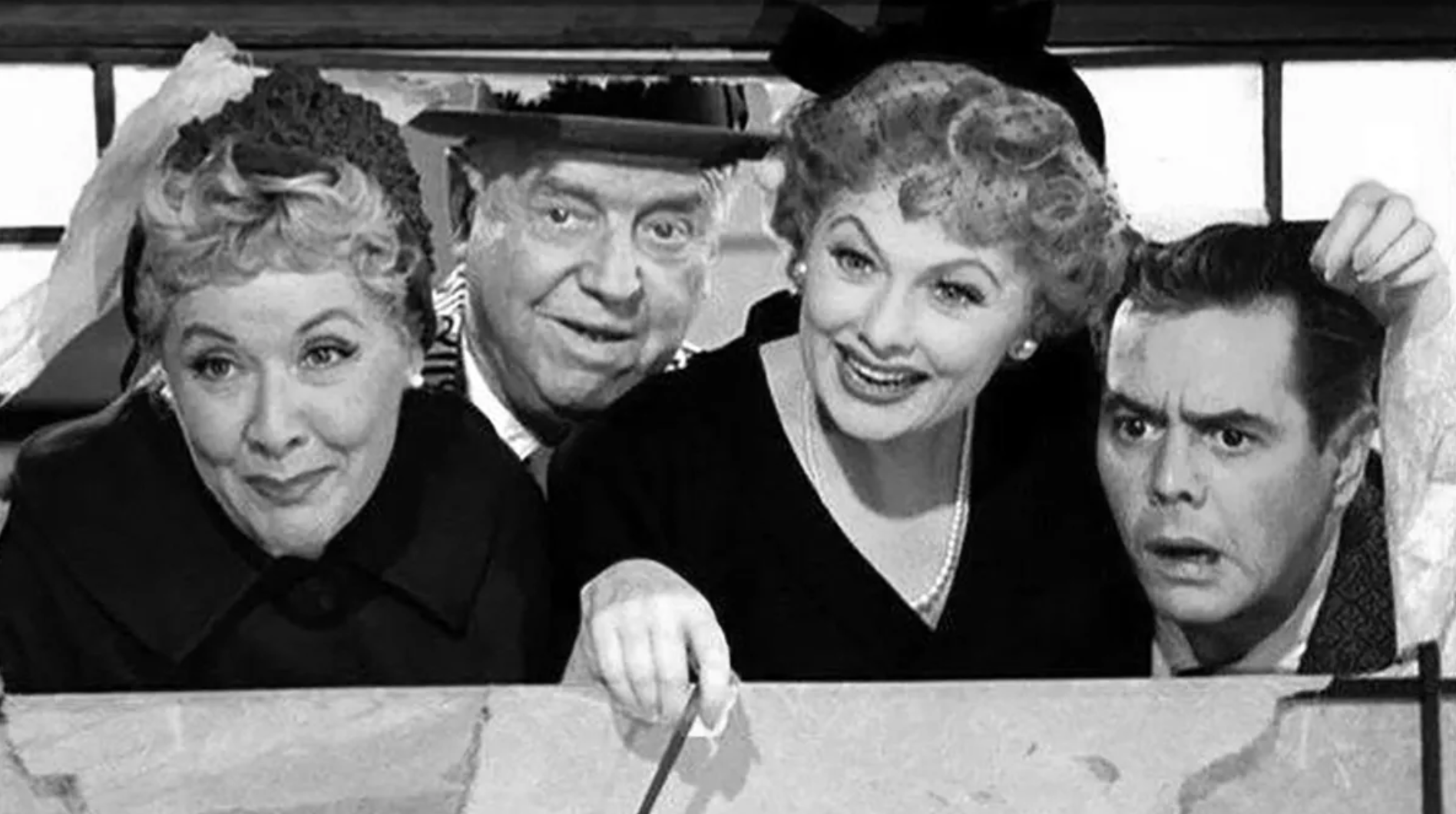
The Untold Story of The Lucy-Desi Comedy Hour: The Final Chapter of a Television Legacy
While I Love Lucy is universally recognized as one of TV’s greatest sitcoms, fewer people are familiar with its spinoff, The Lucy-Desi Comedy Hour, which served as an extension of the beloved series. Originally titled The Lucille Ball-Desi Arnaz Show, this 13-episode series aired sporadically between 1957 and 1960, bringing back the original I Love Lucy stars—Lucille Ball, Desi Arnaz, Vivian Vance, William Frawley, and Keith Thibodeaux (Little Ricky). While the show is a continuation of the iconic sitcom, its availability is limited, making it somewhat of a hidden gem in TV history.
The decision to move forward with The Lucy-Desi Comedy Hour was born out of a mix of creative and personal factors. As pop culture historian Geoffrey Mark notes, by 1957, Lucille Ball and Desi Arnaz had grown weary of the grueling schedule that came with I Love Lucy. “They thought they were a little played out,” Mark explains, citing factors such as Frawley’s age, Vance’s marital issues, and the couple’s own relationship struggles. Desi Arnaz, in particular, wanted to retire and enjoy the success they had earned, but Lucille, ever the workhorse, pushed to continue. The compromise was to scale back the show’s frequency, giving Desi time to focus on Desilu Studios, but allowing for the creation of a new format—a one-hour show that aired less frequently but with more star power.
The first episode, “Lucy Takes a Cruise to Havana,” set the tone for the series with its dramatic, romantic flashback to the early days of Lucy and Ricky’s relationship. The special, which featured appearances from Hollywood figures like Hedda Hopper and Cesar Romero, also made history as the longest scheduled sitcom episode to date at 75 minutes. This marked the beginning of an era where the Lucille Ball-Desi Arnaz comedy hour would feature larger-than-life storylines and guest stars.
However, despite the excitement surrounding the show, the series faced challenges. Geoffrey Mark highlights that Desi Arnaz struggled to secure multiple sponsors, with Ford Motor Company agreeing to fund only five episodes. This limited sponsorship would eventually lead to the show’s end, despite a strong start.
The Comedy Hour took on new dimensions in its second season, with guest stars like Maurice Chevalier in “Lucy Goes to Mexico” and Betty Grable in “Lucy Wins a Racehorse.” Lucille’s signature comedic genius remained intact, but the show’s focus shifted more towards star-studded guest appearances, which some argue diluted the original charm of the series.
As the show entered its final season, the strain between Lucille and Desi became more apparent. While the series had maintained its high level of quality in earlier seasons, the personal and professional tensions between the couple, paired with aging cast members and shifting dynamics, took their toll. Geoffrey Mark notes that the actors were noticeably older, and by the end of the run, Lucille and Desi’s chemistry seemed to wane. The last episode was marked by their lack of interaction, signaling that the end was near.
In a heart-wrenching twist, Lucille and Desi had already decided to divorce before the final episode aired. They waited until the show concluded to prevent their personal issues from impacting the series’ ratings. After the airing of that last episode, the couple filed for divorce, bringing an official close to both the show and their marriage.
Though The Lucy-Desi Comedy Hour had its ups and downs, it remains an important part of the I Love Lucy legacy. The series provided a glimpse into the evolving careers of its beloved stars and gave fans a chance to experience new adventures with Lucy and Ricky Ricardo. Even as the series came to an end, it was a fitting capstone to an era that would forever change television.
